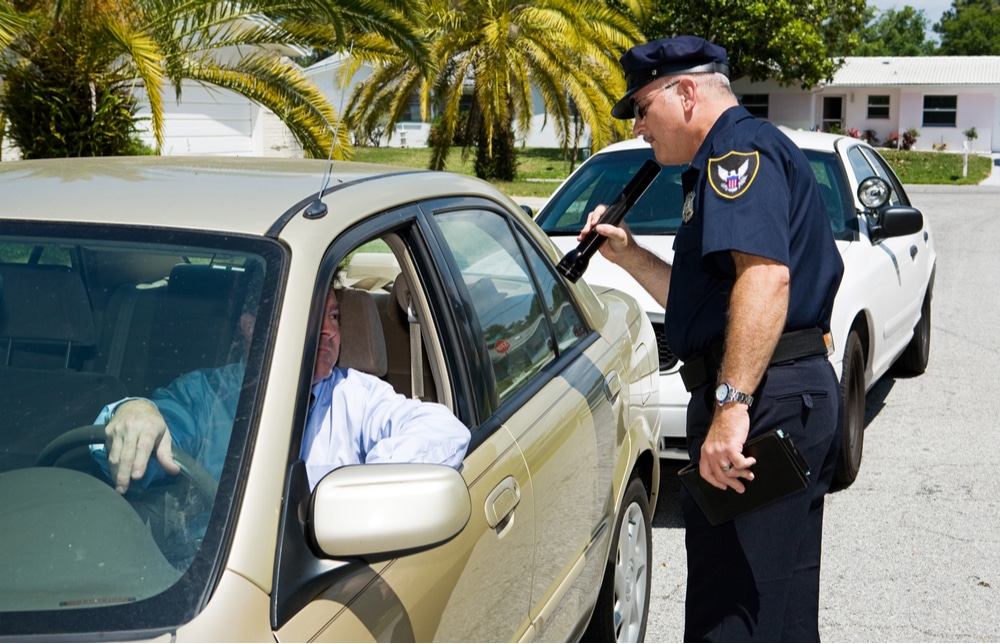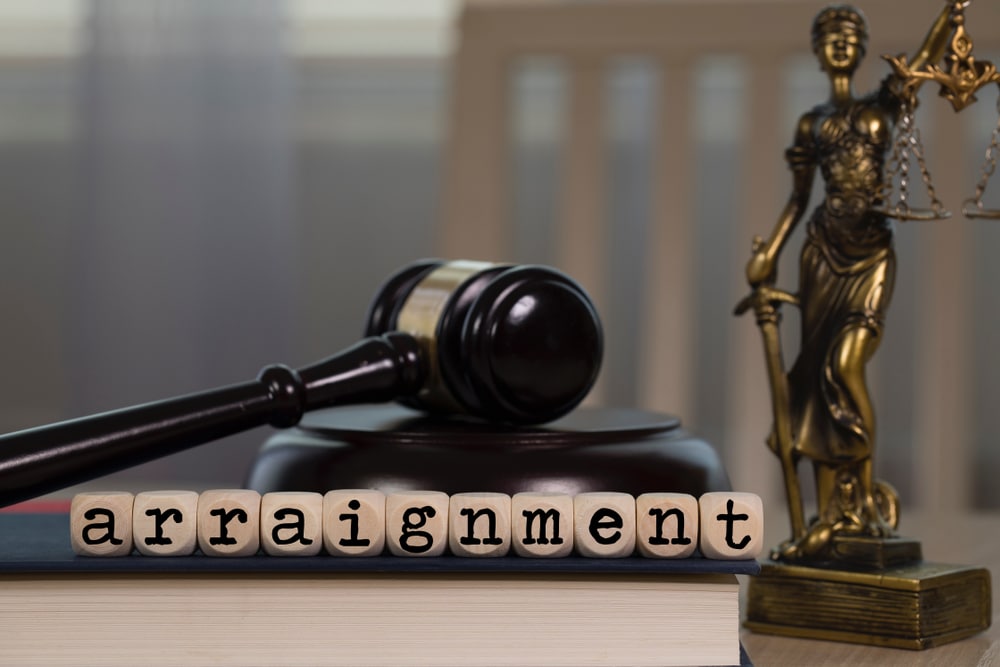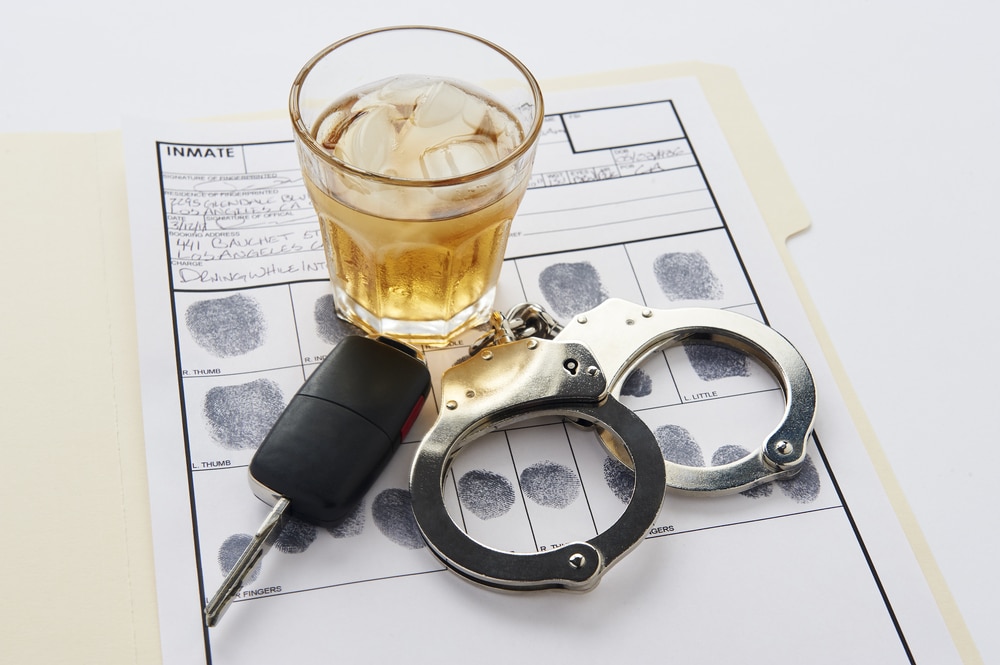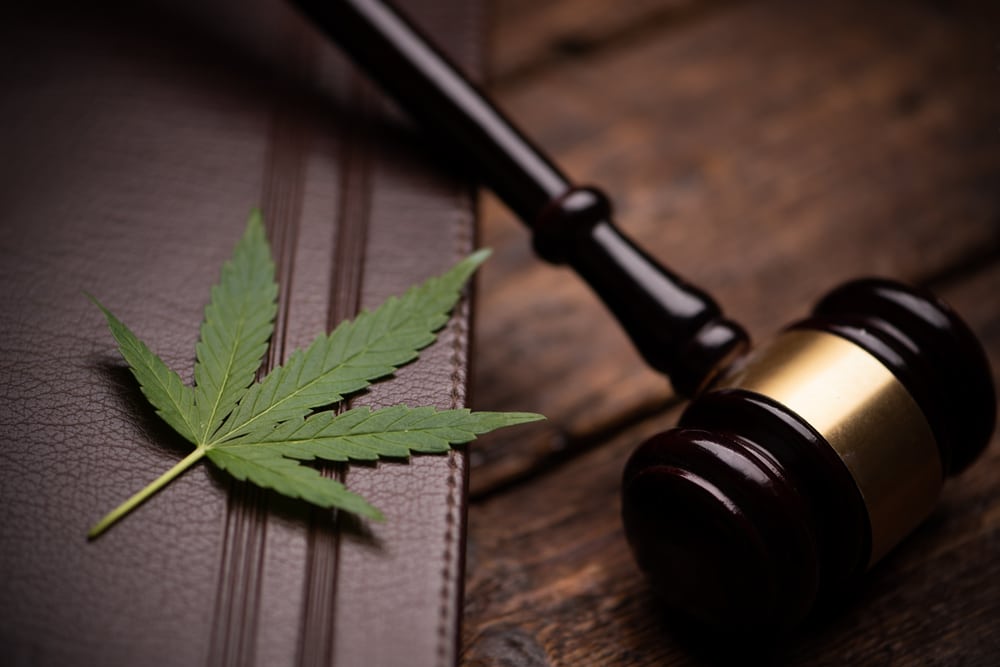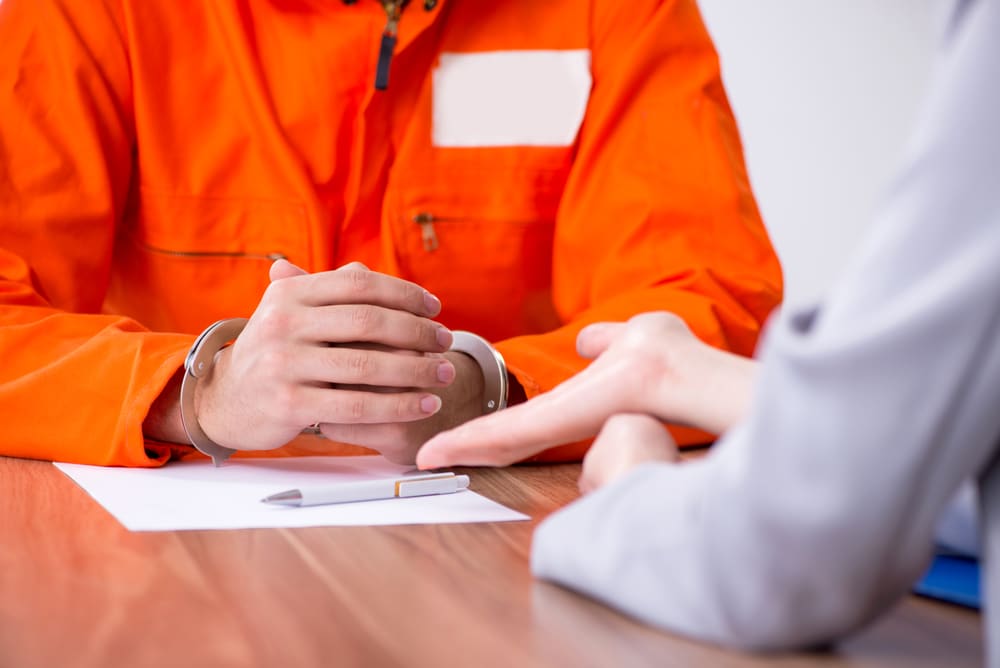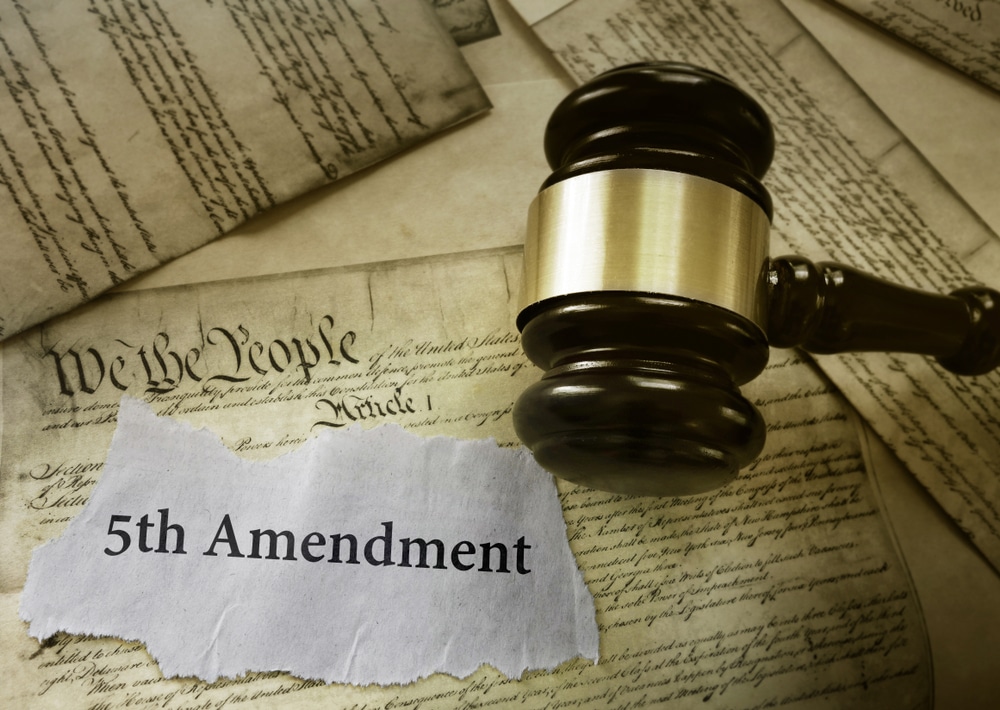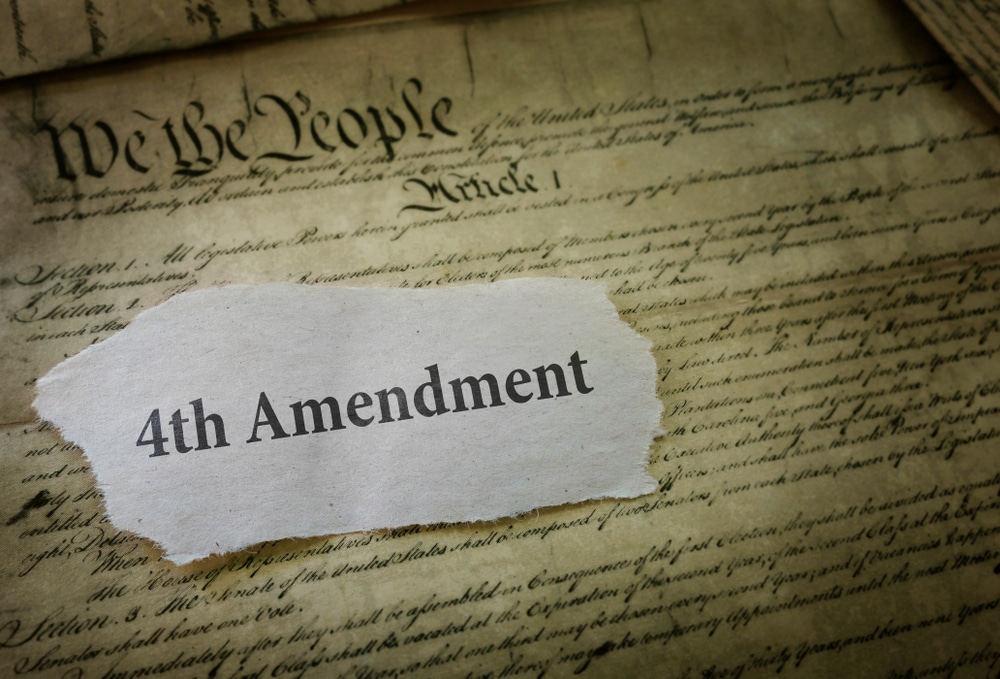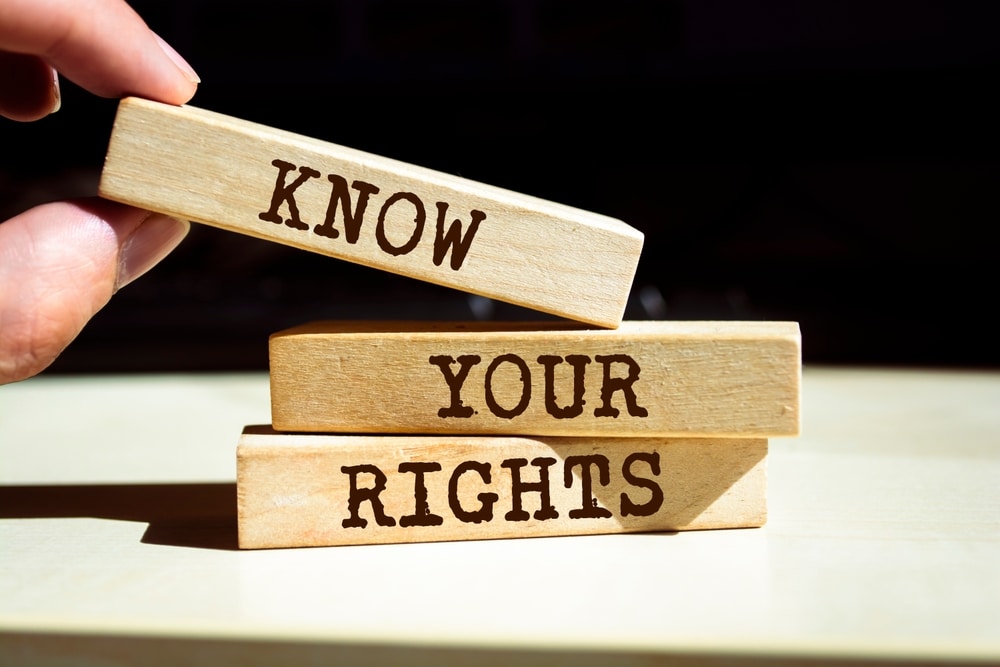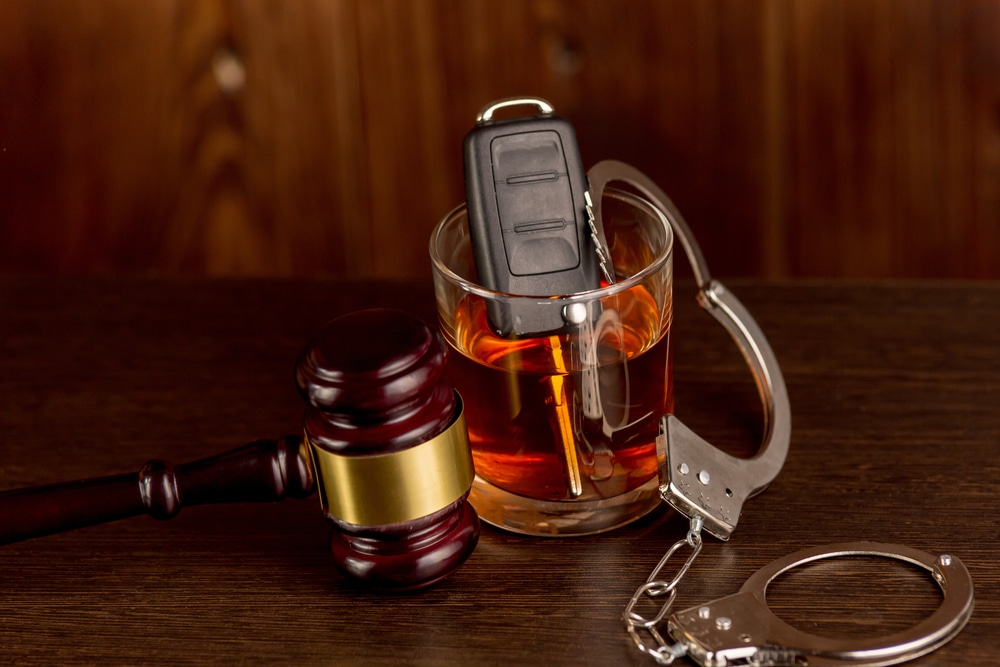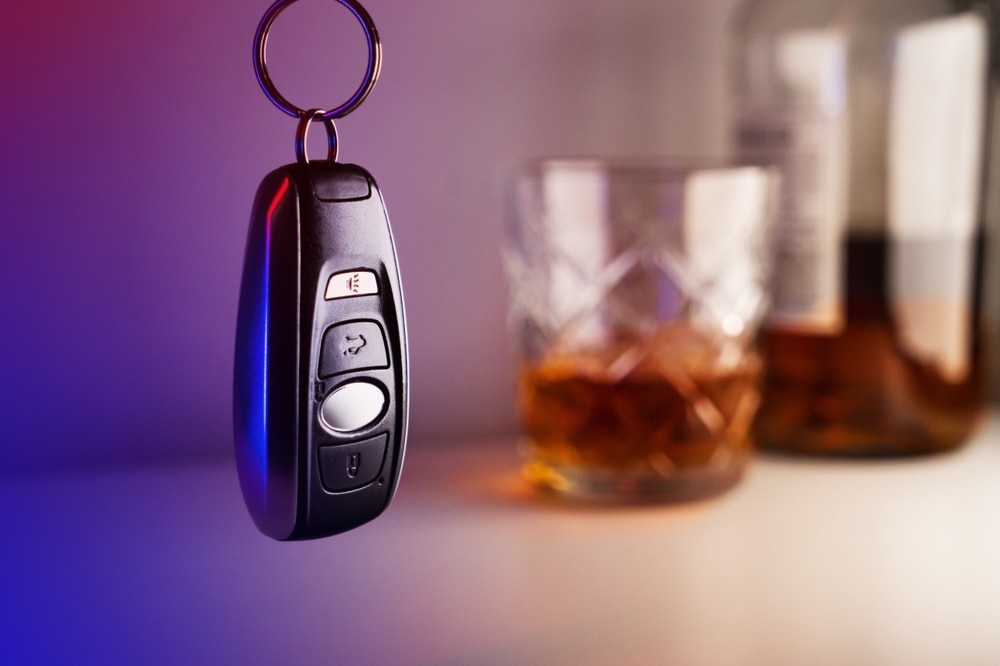The United States Constitution’s Fourth Amendment guarantees security against unreasonable searches, seizures, and interceptions. In cases where the police have probable cause, they must “describe the place to be searched, and the persons or things to be seized.”
This requirement acts to limit the scope of the search of the executing officers. It should limit them to looking in places where the described object could be expected to be found.
When discussing criminal defense in New York, that “place” can often be your car. The rules for searching a car are different than that of a residence. Beyond a traffic violation, police can pull you over if they reasonably believe that the occupants of a car, or the car itself, is involved in criminal activity.
But you still have rights under the Fourth Amendment. You need to know how to act and – of equal importance – what the police are legally authorized to search. Below are some quick tips you should know if you are pulled over while driving in New York.
Tip 1: Traffic violations are usually not probable cause. Just because the police car’s lights blare in your rearview mirror, does not mean your vehicle is subject to a search. Provide your license and registration when asked, but if you are pulled over for a routine traffic stop (like running a red light or speeding), then there should not be a reason for the officer to search the car.
Tip 2: Know when drug dogs can sniff. Further to the point on Tip 1, the police must already have probable cause or reasonable suspicion to conduct what’s known as a “dog sniff.” The Fourth Amendment recognizes dog sniffs as searches, which means the officer must already have probable cause. But once the traffic ticket has been written and issued, you both should be able to move on and drug dogs should not be needed.
Tip 3: You do not need to consent. In order to search the car, police need probable cause that you have committed some crime in addition to a traffic violation. Your consent to have the car searched is critical and you are not obligated to allow the police to search your car. If they search without your consent, any evidence uncovered may not be used against you later.
Tip 4: Police do not need a warrant. Unlike when entering a residence, home or place of business, police do not need a warrant to search your vehicle. This is a critical “automobile exception” to the Fourth Amendment.
Tip 5: Police can search a “grabbable area.” If there is no probable cause, but you are acting suspiciously, the officer can inspect any area of the car where an occupant (and not just the driver) is sitting.
This limited search is admissible under state and federal law. It is allowed to protect the officer from physical harm and ensures that evidence is not destroyed. Being pulled over can be a nerve-wracking experience, but provide your license and registration when asked and try to remember those “Keep Calm and Carry On” poster signs.
Tip 6: The trunk is usually beyond the “grabbable area.” Since the trunk is not within the “grabbable area” mentioned above, and is likely unrelated to any minor traffic offense, searches cannot lawfully be conducted there.
Tip 7: Politeness matters. As previously discussed, it is always best to be polite when approached by police. Your conduct will make all the difference between a routine traffic stop, a small fine, and an arrest.
The laws governing probable cause and the Fourth Amendment can be complex and these tips are just a starting point. If you believe the police have unlawfully searched your car following a routine traffic stop, you should call a criminal defense attorney in NYC.
D’Emilia Law maintains that an arrest is not the end of your life. It is not the same as a conviction. A strong and strategic defense can uphold your innocence, keep you out of jail and reduce your charges and fines.

